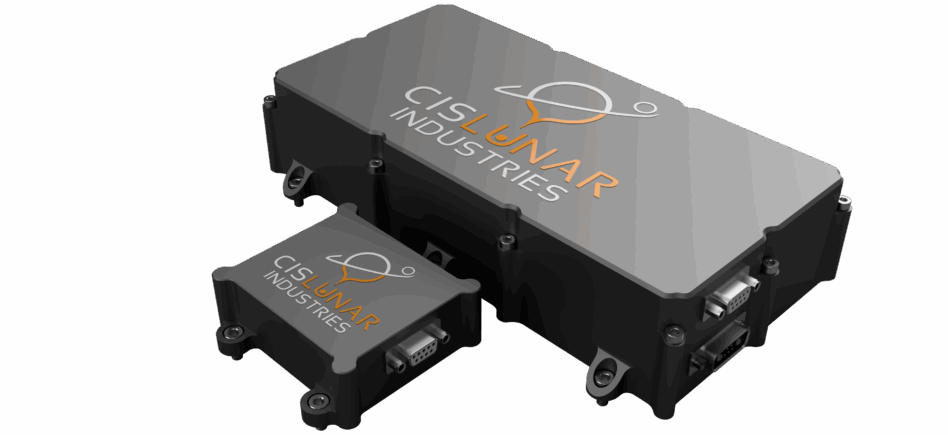CisLunar Industries announced $1M in seed funding from the Colorado ONE Fund today.
The investment will help CisLunar hire more engineers and scale the production of its power processing units (PPUs), CEO Gary Calnan told Payload
While the seed round isn’t closed, the early investment marks a step forward for CisLunar’s plans to transform from a small batch producer of PPUs for research and grant projects to a large-scale manufacturer for commercial and defense customers. Its goal is to increase production capacity to tens of PPUs per month starting next year, Calnan said.
PPWho? A PPU sits between a satellite’s source of power—solar panels, nuclear generator, or battery storage system—and the on-board components in need of juice. Its job is to process and regulate the flow of energy, so that the satellite component or payload can perform its task without shooting sparks.
CisLunar—originally founded with the goal of recycling metals in space—developed its own PPU to handle the high-energy needs of an in-space metal foundry. The company’s PPU is optimized for high-power applications such as Hall-effect thrusters, which have seen increased demand from satellite operators.
Pivotal heritage: CisLunar flew components of its tech on two missions with Think Orbital last year, and has a mission planned with Momentus in February to demonstrate its PPU on orbit.
“PPUs failing is one of the main reasons why a lot of satellite missions fail,” Calnan told Payload. “That’s why some companies are willing to fly our hardware even before we’ve been able to fly it ourselves, for the same use case.”
Developing a PPU in-house brings high upfront costs and requires a lot of non-recurring engineering. But CisLunar says its PPUs are productized enough to quickly scale to meet a satellite operator’s requirements.
Some customers initially told CisLunar they’d be building their own PPUs, before coming back to CisLunar after recognizing the effort involved, Calnan said.
Power play: With high-power industries like in-space manufacturing, mining, power generation, data storage, and nuclear propulsion expected to accelerate in the near future, CisLunar is betting on the fact that its PPUs will make all of this tech possible.
By one estimate, the total power generation needs of satellites in orbit will reach 840 megawatts of electricity annually by 2030. CisLunar’s plan is to be the central component to as much of that power generation and execution as possible.




